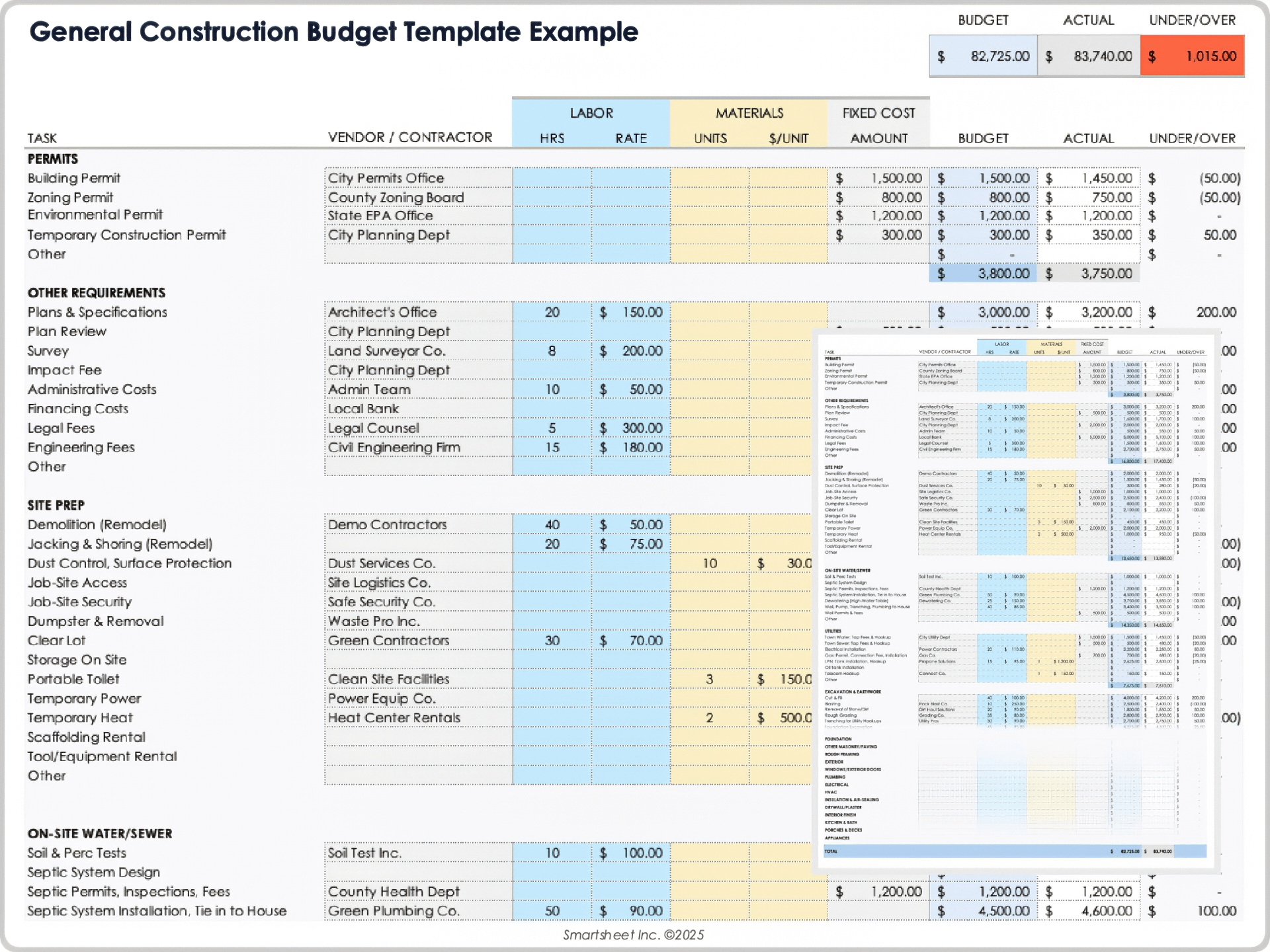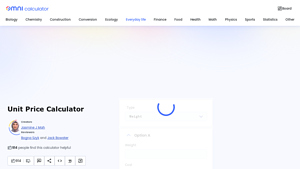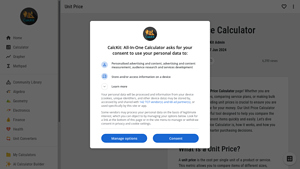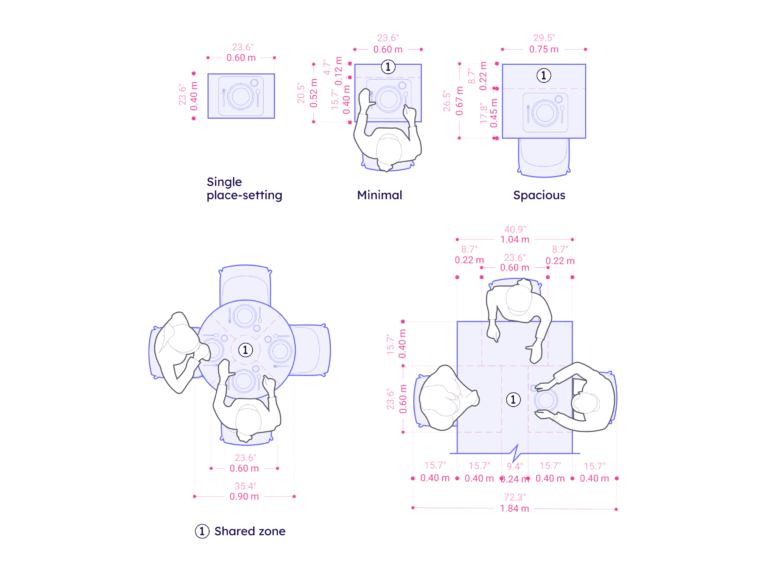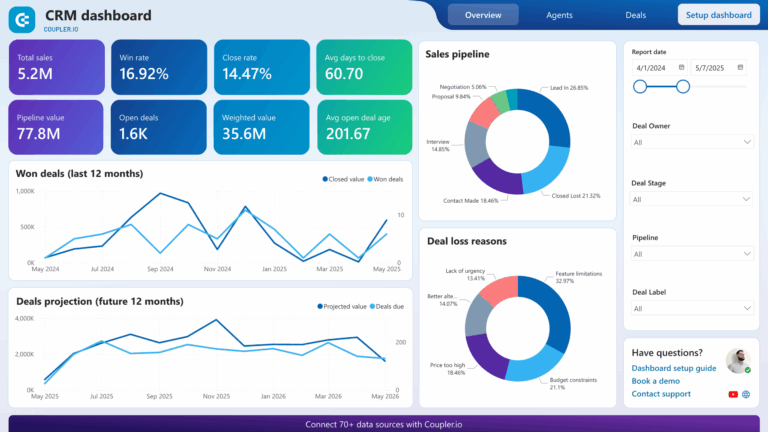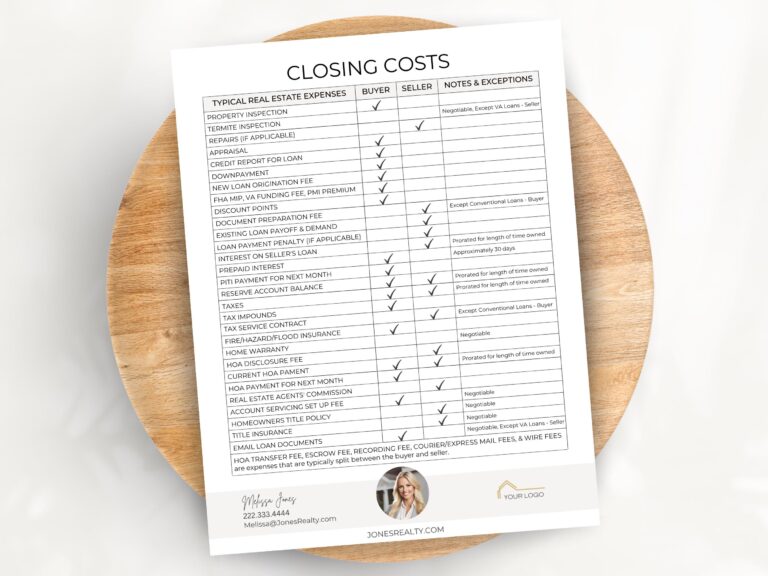Free Price Per Unit Calculators: Our Top 5 Picks for 2025
Finding the Best Price Per Unit Calculator: An Introduction
In today’s fast-paced shopping environment, consumers often face the challenge of determining the best value for their purchases. With numerous products available in varying sizes and prices, comparing the cost per unit can be a daunting task. This is where a reliable price per unit calculator becomes essential. These tools can simplify the decision-making process by calculating the cost per ounce, pound, liter, or item, allowing shoppers to make informed choices and save money.
However, not all price per unit calculators are created equal. Many users find themselves overwhelmed by the options available online, unsure of which tools are the most accurate, user-friendly, and feature-rich. This article aims to review and rank the top price per unit calculators available, saving you time and effort in your search for the best tool.
Purpose of This Review
The goal of this article is to provide a comprehensive overview of the best price per unit calculators, highlighting their unique features and functionalities. We will assess each tool based on several criteria, including:
- Accuracy: Ensuring that the calculations provided by the tool are precise and reliable.
- Ease of Use: Evaluating how user-friendly the interface is, including navigation and input requirements.
- Features: Considering additional functionalities, such as the ability to compare multiple items or calculate different units of measurement.
By the end of this review, you will have a clear understanding of which price per unit calculator best meets your needs, making your shopping experience more efficient and cost-effective.
Our Criteria: How We Selected the Top Tools
Key Criteria for Selecting the Best Price Per Unit Calculators
When evaluating the top tools for calculating price per unit, we considered several important factors that contribute to a calculator’s overall effectiveness and user experience. Here’s a detailed breakdown of the criteria we used:
-
Accuracy and Reliability
– The primary function of a price per unit calculator is to provide accurate calculations. We prioritized tools that consistently deliver reliable results, ensuring that users can trust the outputs when making purchasing decisions. Tools were tested against common price scenarios to verify their accuracy. -
Ease of Use
– A user-friendly interface is crucial for any online tool. We looked for calculators that are intuitive and straightforward, allowing users to input data quickly without confusion. Features such as clear instructions, logical layout, and minimal steps to obtain results were essential in our evaluation. -
Key Features
– Effective calculators should support various inputs to cater to a wide range of needs. We focused on tools that offer:- Multiple measurement units (weight, volume, items)
- Options for comparing two different products
- The ability to calculate unit prices for multi-item packages
- Features that allow users to convert between units, such as ounces to pounds or liters to gallons
- Tools that provide additional functionalities, like tax calculations or discount evaluations, were viewed favorably.
-
Cost (Free vs. Paid)
– We assessed whether the calculators were free to use or offered paid premium features. Tools that provide comprehensive functionalities without any costs were preferred, but we also considered those with reasonable pricing for advanced features. Transparency in pricing and the absence of hidden fees were key factors in our selection. -
Accessibility
– We evaluated the availability of the calculators across different devices and platforms. Tools that are mobile-friendly or have dedicated apps for easy access on smartphones and tablets were prioritized. This ensures that users can calculate prices per unit anytime and anywhere. -
Customer Support and Resources
– Good calculators often come with additional resources, such as FAQs, guides, or customer support options. We looked for tools that offer helpful documentation or assistance, enabling users to resolve any issues quickly or learn more about price calculations.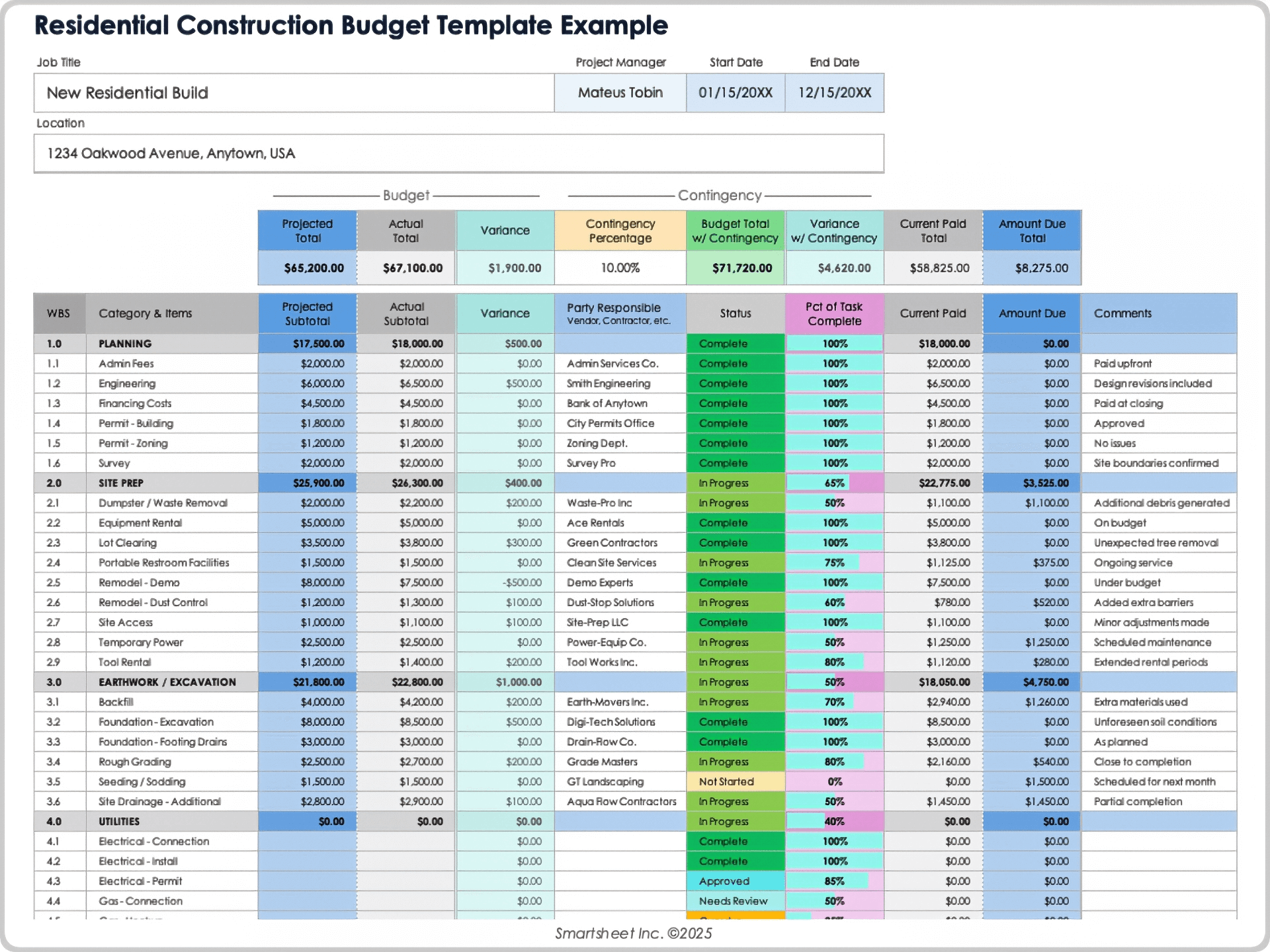
-
User Reviews and Feedback
– To further gauge the effectiveness and satisfaction level of each tool, we considered user reviews and feedback. Tools with a strong reputation and positive testimonials from users were favored in our selection process.
By carefully considering these criteria, we aimed to identify the most effective and user-friendly price per unit calculators available online, ensuring our recommendations meet the needs of a diverse audience.
The Best Price Per Unit Calculators of 2025
1. Unit Price Calculator
The Unit Price Calculator from Omni Calculator is a straightforward tool designed to help users determine the unit price of products by applying the unit price formula. By simply dividing the total price of an item by the number of units, users can easily assess the cost-effectiveness of their purchases. This calculator is particularly useful for comparing prices across different quantities, ensuring informed shopping decisions.
- Website: omnicalculator.com
- Established: Approx. 11 years (domain registered in 2014)
2. Unit Price Calculator
The Unit Price Calculator from Inch Calculator is a straightforward tool designed to help users determine the cost per unit of a product. By simply entering the total price and quantity, the calculator efficiently computes the unit price, making it easier for consumers to compare costs across different products or quantities. This feature is particularly useful for budgeting and making informed purchasing decisions.
- Website: inchcalculator.com
- Established: Approx. 12 years (domain registered in 2013)
3. Bang Your Buck
Bang Your Buck is a free online unit shopping calculator designed to simplify price comparisons for consumers. By allowing users to input their search terms and select specific units, the tool efficiently calculates and compares prices, saving time and effort in the shopping process. Ideal for bulk buyers or anyone looking to make informed purchasing decisions, Bang Your Buck streamlines the often tedious task of evaluating product costs.
- Website: bangyourbuck.com
- Established: Approx. 6 years (domain registered in 2019)
5. Unit Price Calculator
The Unit Price Calculator by CalcKit is an efficient tool that enables users to assess the cost-effectiveness of various items effortlessly. With its user-friendly interface, this calculator simplifies the process of comparing prices by providing quick calculations of unit costs, allowing consumers to make informed purchasing decisions. Ideal for shoppers looking to maximize their budgets, the tool stands out for its straightforward functionality and effectiveness in evaluating value.
- Website: calckit.io
- Established: Approx. 7 years (domain registered in 2018)
How to Get the Most Accurate Results
Double-Check Your Inputs
One of the most crucial steps in obtaining accurate results from a price per unit calculator is to ensure that all inputs are correct. Before hitting the calculate button, take a moment to review the figures you’ve entered. Verify the total price, quantity, and any unit measurements (such as weight or volume) to ensure they are accurate. For instance, if you’re comparing two different packages, make sure you’re using the correct quantities and prices for each. A simple typo can lead to misleading results and potentially cost you money in the long run.
Understand the Underlying Assumptions
Different price per unit calculators may operate under specific assumptions that can affect the results. For example, some calculators may assume that the units of measurement are compatible, while others might require you to convert them manually. Familiarize yourself with the calculator’s methodology by reading the instructions or help sections provided. Understanding how the calculator processes the information will enable you to interpret the results more effectively and ensure you’re making well-informed purchasing decisions.
Use Multiple Tools for Comparison
Not all price per unit calculators are created equal. Variations in design, features, and user interface can affect the ease of use and accuracy of the results. Therefore, it’s advisable to utilize multiple calculators for your price comparisons. By doing so, you can cross-reference results and ensure consistency. If one calculator indicates a particular item is a better deal, check another calculator to confirm the results. This practice not only builds confidence in your findings but also provides a broader perspective on pricing options.
Familiarize Yourself with Different Units of Measurement
Price per unit calculators often allow you to compare items measured in different units, such as ounces, pounds, liters, and gallons. Understanding how to convert these units is essential for accurate comparisons. For example, if you’re comparing a bulk item priced per pound with a smaller item priced per ounce, ensure you convert the measurements properly to make a fair comparison. Many calculators offer built-in conversion tools, but having a fundamental understanding of unit conversions can prevent mistakes.
Consider External Factors
When evaluating results from a price per unit calculator, it’s also important to consider external factors that may impact your purchasing decision. For example, consider the quality, brand reputation, and expiration dates of the products you are comparing. Sometimes, the cheapest option may not be the best value when taking quality into account. Additionally, keep in mind any potential shipping costs or taxes that may apply, as these can alter the final price you pay.
Keep Records of Your Comparisons
Lastly, maintaining a record of your price comparisons can be beneficial, especially if you frequently shop for similar items. By documenting your findings, you can track price trends and identify patterns that may help you save money in the long run. This practice can also assist in making more informed decisions about when to buy in bulk or take advantage of sales. Having a detailed log of your comparisons can serve as a valuable resource for future shopping trips.
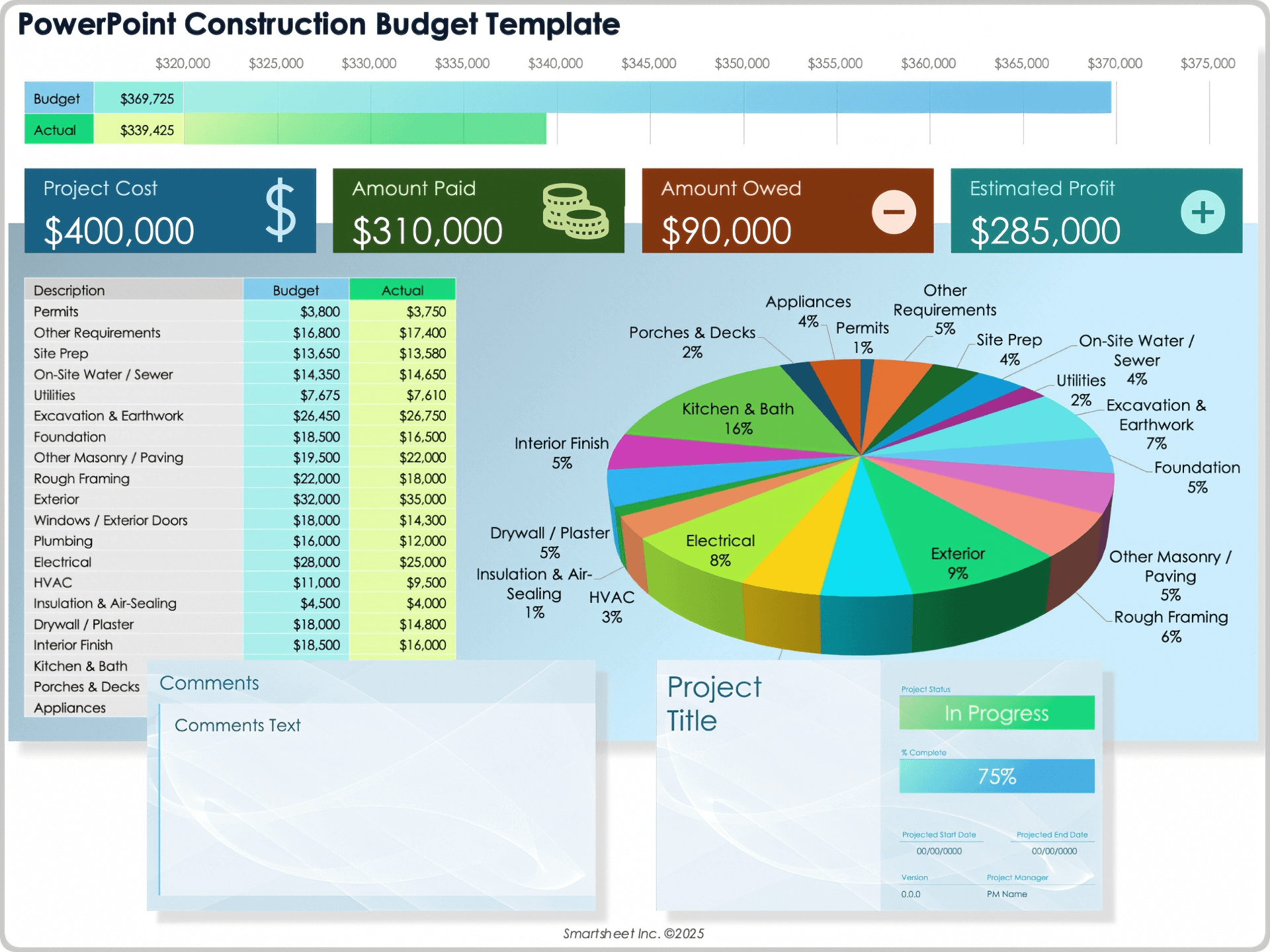
Frequently Asked Questions (FAQs)
1. What is a price per unit calculator?
A price per unit calculator is an online tool that helps users determine the cost of an item per specific unit of measurement, such as per ounce, pound, liter, or item. This calculator allows you to compare the prices of different products, even when they are sold in varying quantities or measurements, enabling you to make informed purchasing decisions based on the best value for your money.
2. How do I use a price per unit calculator?
To use a price per unit calculator, you typically need to input the total price of the item and the quantity or measurement associated with that price. The calculator will then divide the total cost by the quantity to give you the unit price. For example, if a 5-pound bag of rice costs $4.00, you would enter the total price as $4.00 and the quantity as 5 pounds. The calculator would then output a price of $0.80 per pound.
3. Why is it important to calculate the price per unit?
Calculating the price per unit is important because it allows consumers to compare the cost-effectiveness of different products. For instance, you may find that a larger package of an item has a lower unit price than a smaller package, even if the total price is higher. This comparison helps you to save money by choosing the best deal available, particularly when shopping for groceries or household items.
4. Can a price per unit calculator handle different units of measurement?
Yes, many price per unit calculators can handle various units of measurement, including weight (e.g., pounds, ounces), volume (e.g., liters, gallons), and counts (e.g., items, packages). Some calculators even allow you to convert between units, making it easier to compare prices across different product types. For example, you can compare the price of bulk items sold by weight to packaged items sold by volume.
5. Are there any limitations to using a price per unit calculator?
While price per unit calculators are incredibly useful, they do have some limitations. Firstly, they rely on accurate input from the user; if the total price or quantity is entered incorrectly, the output will also be incorrect. Additionally, some calculators may not account for factors like sales tax, discounts, or shipping costs, which can affect the final price. Lastly, the calculator cannot replace personal judgment regarding product quality, brand preference, or other subjective factors that may influence your purchasing decision.
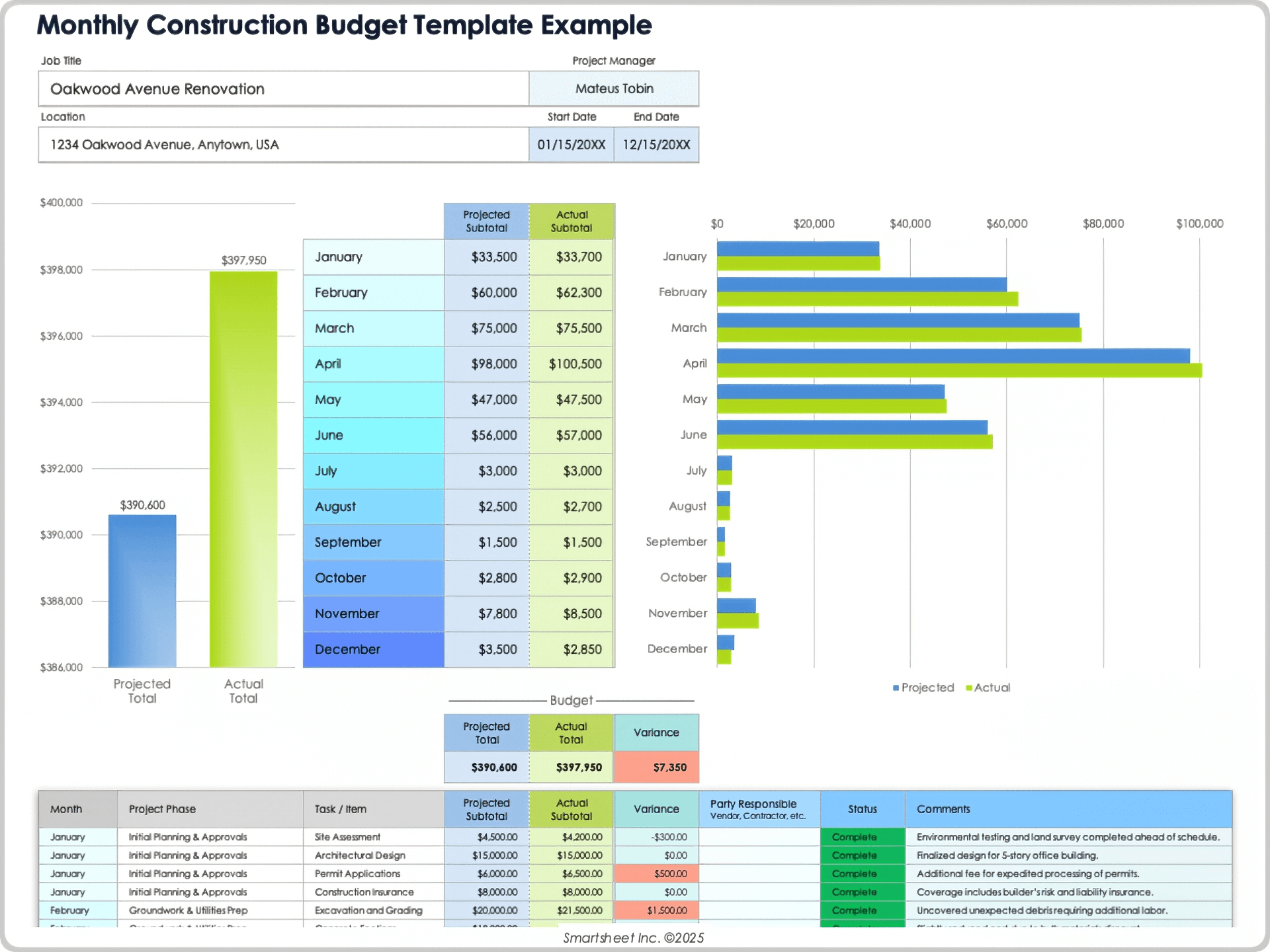
Important Disclaimer
⚠️ Important Disclaimer
The information and reviews in this guide are for educational purposes only and are based on publicly available information. We are not affiliated with any of the tools mentioned. Features and pricing may change. Always conduct your own research before choosing a tool for your needs.
